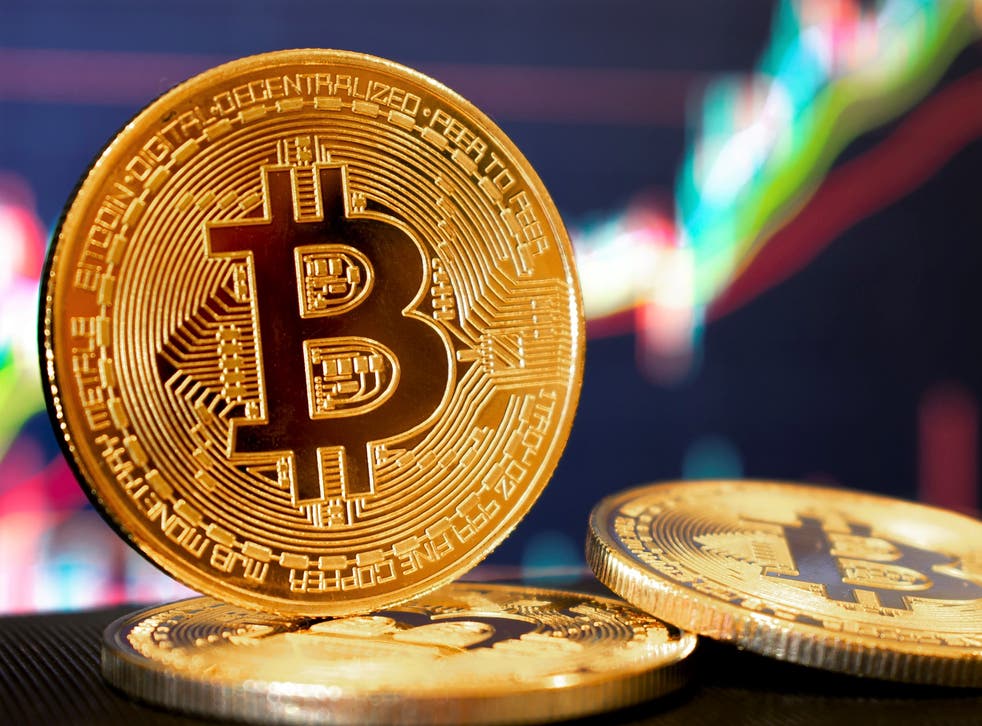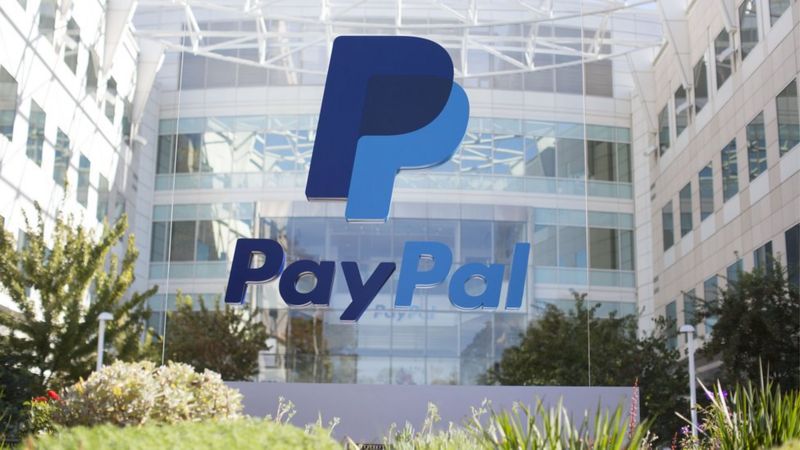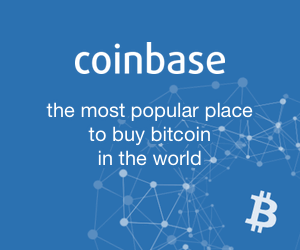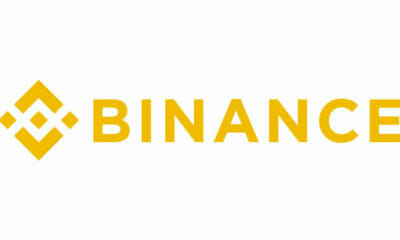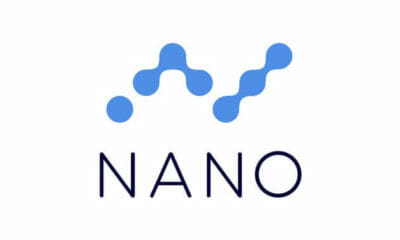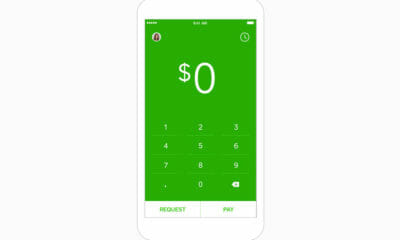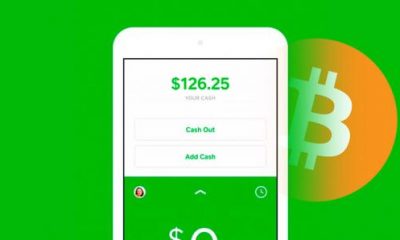carVertical announced yesterday via Twitter that they will be partnering with BMW to launch their connected vehicle history reports pilot program with Bavarian Motor Works (BMW). There’s been rumors and speculation going around lately that a partnership is in the works after carVertical posted a picture on February 7th, 2018 of one of their employees standing outside of a BMW corporate office.
Official Tweet from carVertical:
Building accountability and trust in the automotive industry:
This program will be a revolutionary step in building accountability and trust in the automotive industry and will be a massive stride forward in providing proper reporting on pre-owned vehicles and their repair history. Currently, a vehicle’s history of maintenance and repairs come only from the previous owners, insurance companies, state registries and workshops which has been proven to be very inconsistent and unreliable. With this new system, the vehicle itself will generate data that then is transmitted in encrypted form back to the blockchain via built-in SIM card.
Telematics Data Features:
The encrypted data that is transmitted between vehicle and owner is known as Telematics data, which according to Techradar.com: “Is a method of monitoring a vehicle. By combining a GPS system with onboard diagnostics it’s possible to record, and map, exactly where a car is and how fast it’s traveling, and cross-reference that with how a car is behaving internally.” With the new systems that carVertical are installing the owner / manufacturer will be able to monitor and assess details such as average gas mileage, transmission and engine oil, and even event data, such as automated service calls. Currently, there are 8.5 million BMW cars on the market that are equipped with the proper system that relies on a SIM card to send the Telematics data.










